By: Cameisha Mallory
Imagine being in a room full of people, yet you still have a deep feeling of alienation. This is one example of what it feels like to experience chronic loneliness. We are living in a time where social distancing has become the norm due to the current pandemic. We have been told to stay home and quarantine, individually or with those we live with, in order to protect ourselves and our families. However, it is important to discuss the effects that long periods of social isolation could have on a person’s mental health. We must first understand the definition of Chronic loneliness, signs and symptoms faced by those managing chronic loneliness, as well as coping mechanisms that are helpful when combating this issue. Though the amount of chronic loneliness has increased due to Covid-19, this is an issue that has caused individuals to suffer well before the onset of this pandemic.
First, loneliness is a feeling that everyone is likely to experience at some point in their lives. As we go through different life stages, we may have moments where we do not have a deep connection with others, or we are unable to feel as if we “vibe” with our peers or family. Craving human contact is natural; therefore, the constant lack of this form of communication and contact, could greatly affect a person’s physical and mental health. Research has shown that, “Chronic loneliness occurs when feelings of loneliness and uncomfortable social isolation go on for a long period of time. It’s characterized by constant and unrelenting feelings of being alone, separated or divided from others, and an inability to connect on a deeper level,” (Signs and Symptoms of Chronic Loneliness, 2019). It is important to note that you do not have to physically be alone to experience chronic loneliness. Having the inability to connect with others, low-self-esteem, or self-loathing can also increase an individual’s chances of experiencing chronic loneliness. This is why it is important to now discuss the signs and symptoms of this issue.
One sign of chronic loneliness is the “inability to connect with others on a deeper, more intimate level.” Those with chronic loneliness may feel as though they have a difficult time engaging with others, or have never had a relationship that has passed a surface level. You may feel as though you have friends, however no one truly “understands or gets” you. Another symptom of chronic loneliness is an “overwhelming feeling of isolation regardless of where you are and who’s around,” (Signs and Symptoms of Chronic Loneliness, 2019). Having a constant feeling of separation or feeling alienated is common when experiencing this issue. Being the “life of the party” does not protect you from feeling lonely. You could be the most popular individual and still feel completely alone. Next, a “constant feeling of self-doubt and self-worth” could also lead to experiencing chronic loneliness. Lastly, a feeling of “exhaustion and burn out when trying to engage socially,” (Signs and Symptoms of Chronic Loneliness, 2019) can be a sign of chronic loneliness.
These feelings that occur when experiencing chronic loneliness can seriously begin to affect an individual’s mental and physical health. According to the American Psychological Association (2019), “evidence linking perceived social isolation with adverse health consequences including depression, poor sleep quality, impaired executive function, accelerated cognitive decline, poor cardiovascular function and impaired immunity at every stage of life.” If chronic loneliness is left untreated, individual could also begin to experience issues such as depression, sleep disorders, high blood pressure, substance use as well as numerous other mental and emotional problems. (Signs and Symptoms of Chronic Loneliness, 2019)
If you are someone that is experiencing any of the above, there are many ways that you can begin to combat these feelings. First, talk to your doctor or therapist if you feel that this is an issue that has begun to cause issue in your life. Health care professionals are here to help and provide you with coping mechanism for issues such as this. Next, get active. Though we are still experiencing a pandemic and we should socially distance from others, you can still take a walk in your neighborhood, walk the dog, or go to the park. Studies have shown that, “Getting active and out in the sunshine can help elevate endorphins and serotonin.” Another way to combat this issue is to begin to find activities that are enjoyable to you and try inviting friends out. Allowing friends and family to experience things that you enjoy could bring you closer and possibly form better bonds. Lastly, remember that chronic loneliness will not defeat you. Knowing how to recognize the signs and symptoms and taking actions to address it can decrease the likelihood of loneliness having a lingering and lasting effect.
References
https://www.apa.org/monitor/2019/05/ce-corner-isolation
( https://www.cigna.com/individuals-families/health-wellness/chronic-loneliness)
Signs and Symptoms of Chronic Loneliness. (n.d.). Retrieved from https://www.cigna.com/individuals-families/health-wellness/chronic-loneliness
Is there a link between exercise and happiness, How Stuff Works, (2019). https://science.howstuffworks.com/life/exercise-happiness2.htm.


